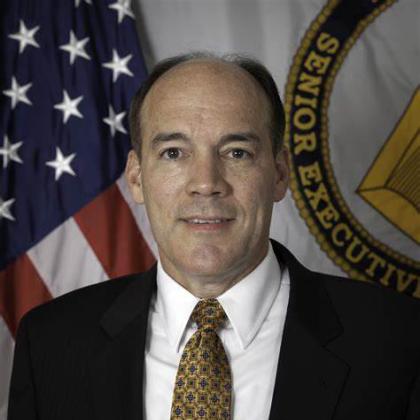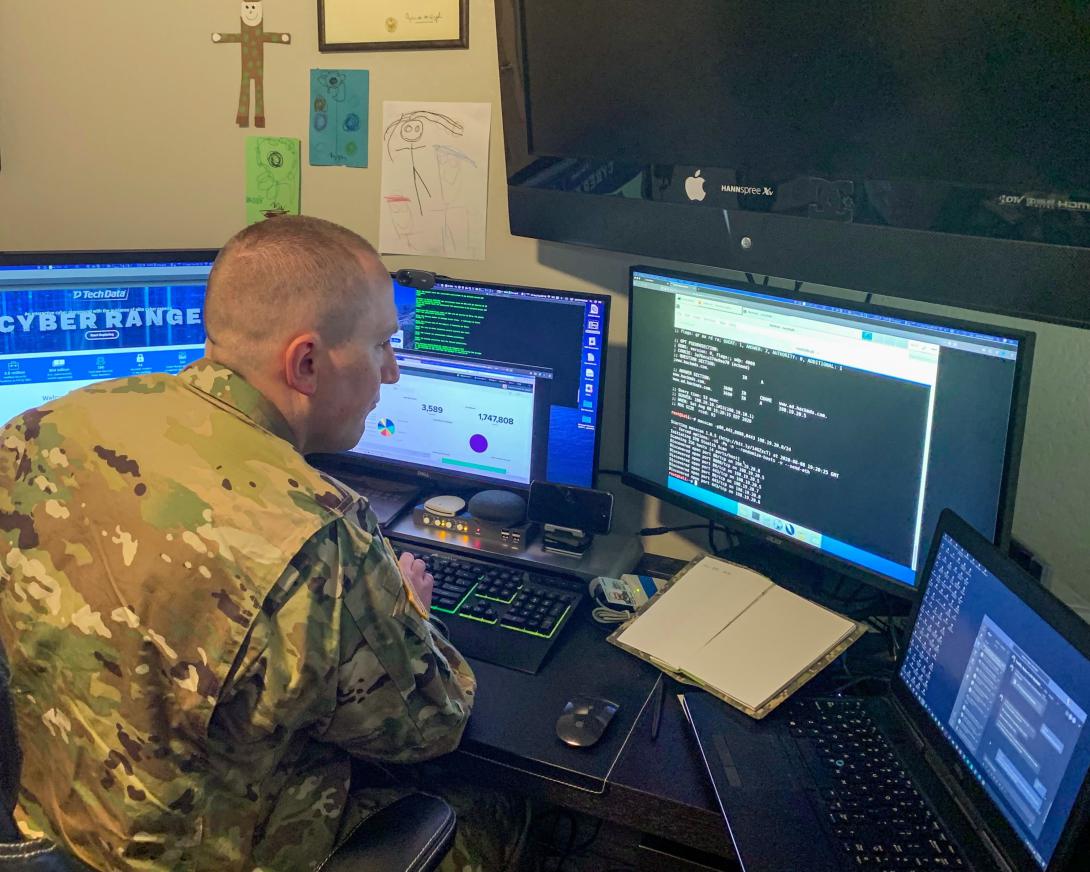Army Still Hiring Amidst Massive Big Tech Layoffs
Technology titans of industry have laid off more than 82,000 technology workers across the globe in the first weeks of 2023, according to a MarketWatch report, but the U.S. Army is still hiring, noted Ronald Pontius, deputy to the commanding general at U.S. Army Cyber Command, on one of his final days prior to retiring.
“It's interesting that we're very much still hiring as the big tech companies are doing some massive layoffs right now,” Pontius, who leaves government service February 25, told SIGNAL Media in a telephone interview.
Asked what the Army might do differently to attract and retain skilled technology professionals, Pontius replied that it’s not a matter of different but of more. “The Congress, has over the last few years, tried to help with a variety of statutory initiatives related to workforce recruitment and retainment," he pointed out, and the Army has to some degree taken advantage of those opportunities.
By the end of fiscal year 2023, the Army expects to finalize its transition to the Cyber Excepted Service (CES) personnel system, which provides the Defense Department an enterprise-wide approach for managing civilian cyber professionals and is designed to provide agility and flexibility for the recruitment, retention and development of high quality cyber professionals to enhance cyber mission effectiveness. The Army Cyber Command is the largest organization in the Army that is migrating to CES and got off to a late start due to the move of its headquarters to Fort Gordon, Georgia.
“In late 2022, we migrated our cyber headquarters and two of the brigades to Cyber Excepted Service, and the current employees have the ability to opt in. They could stay in the existing general service personnel system or they could opt in, and we had over an 80% opt in rate, which is probably the highest it's been of any service in the Defense Department. We will continue the migration to Cyber Excepted Service with NETCOM [U.S. Army Network Enterprise Technology Command] and its subordinate units as we go through 2023,” he said.
Pontius also stressed the importance of the service’s partnership with the state of Georgia, industry and academia to establish the Cyber Innovation Training Center in Augusta. “It's a school, it's a lab, it's an incubator, it's a data range, a cyber convention center, and this is all in downtown Augusta overlooking the Savannah River,” he said. “Those are the things we're doing with talent—acquire, develop, employ and retain. It really is about how we do the talent management of that workforce."
Additionally, the Army is the lead service on a U.S. Cyber Command pilot program known as Tailored Strategic Retention, which allows active duty military members in “critical cyber workloads” to work with third-party vendors to “land high-quality jobs” in industry if they commit to the Army National Guard or Army Reserve. “So, we're able to keep this talent in the total Army,” Pontius offered.

It's interesting that we're very much still hiring as the big tech companies are doing some massive layoffs right now.
The Army also provides summer internships for college students and two-year fellowships for recent graduates. The goal is to allow them to perform multiple jobs during a fellowship and hire them full-time upon fellowship completion.
He emphasized that the Army focuses more on people than on technologies. “It's not about high tech, in many ways, or high-tech weapons platforms. It is about organizations and people. People is the number one priority for the Army."
The service, Pontius continued, needs to continue with the initiatives it already has begun to attract and retain a highly skilled workforce. “Those are things we do, and so it really is continuing to build upon those things that are allowed in statute and Defense Department and Army regulations but maximize and fully utilize them.”





Comments